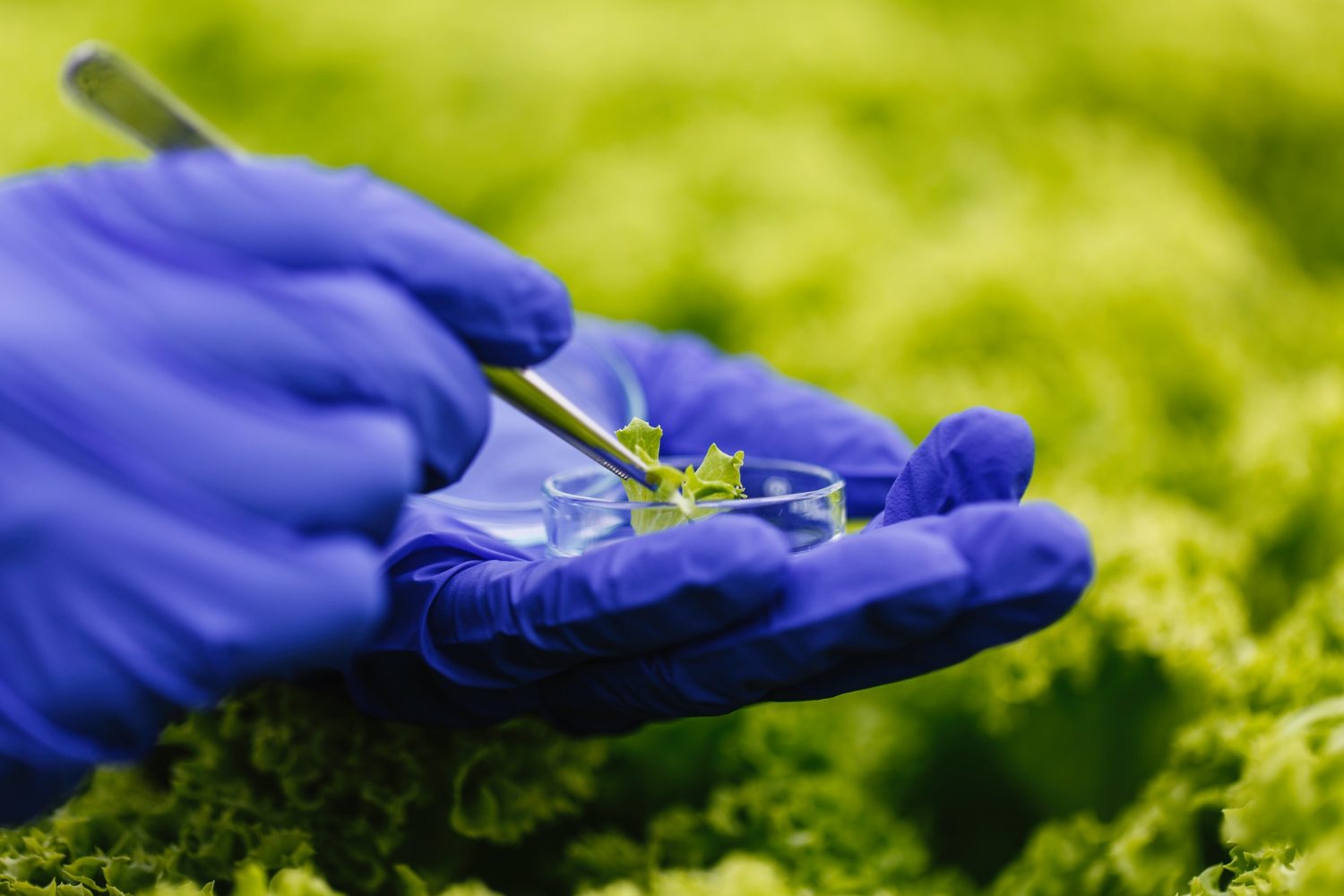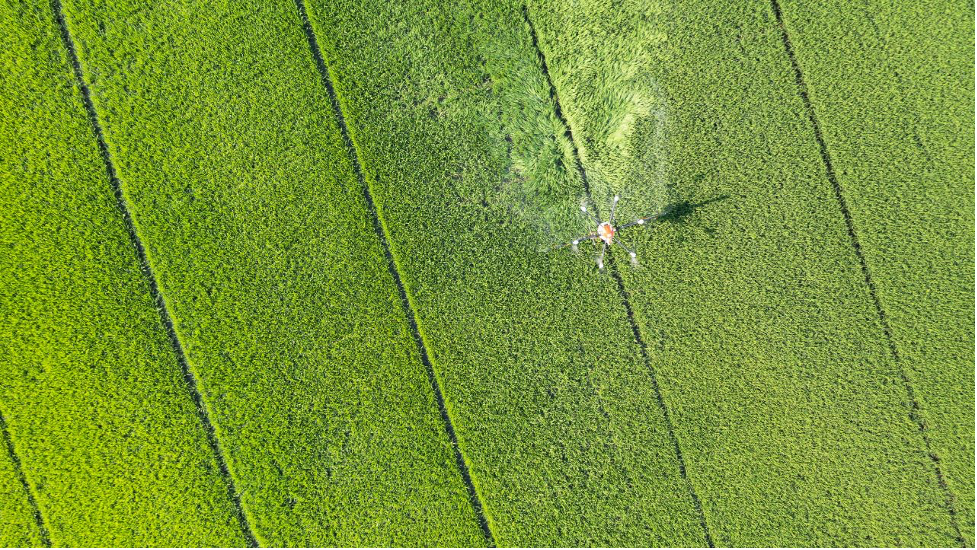- info@farmkit.io
- 5000 Yonge St Suite 1901, Toronto, ON M2N 7E9
The Impact of Nanotechnology in Agriculture and Beyond
farmkit_admin
February 27, 2024
Smart Agriculture

In the vast expanse of scientific innovation, nanotechnology has emerged as a beacon of progress, touching every conceivable field with its transformative power. Agriculture, a sector as ancient as civilization itself, is no exception to this wave of change. The integration of nanotechnology into agricultural practices, food industries, and animal sciences heralds a new era of efficiency, sustainability, and safety. This blog explores the multifaceted relationship between nanotechnology and agricultural science, unveiling the potential that lies at the intersection of these disciplines.
Ensuring Security in Agricultural and Nutritional Systems
The paramount concern in agriculture has always been the security of both the crops we cultivate and the nutritional systems they support. Nanotechnology offers unprecedented solutions to longstanding challenges, promising a future where food security is bolstered by advanced technology. The creation of intelligent systems for the prevention and treatment of plant diseases, new devices for biological and cellular research, and innovative methods for recycling agricultural waste underscore the pivotal role nanotechnology plays in enhancing agricultural security.
The Pesticide Paradox: A Nanotechnological Solution
The conventional use of pesticides and poisons, though effective in pest management, comes with a heavy toll on human health, beneficial insects, farm animals, and the environment. The indiscriminate application of these substances contaminates our soil and water, turning agricultural products into potential sources of poison. Nanotechnology presents a groundbreaking alternative in the form of smart drugs or poisons. These nano-sized agents can navigate within the plant to deliver treatments directly to the affected areas, minimizing environmental impact and reducing the reliance on broad-spectrum pesticides.

Prevention Over Cure: The Role of Bio-Nanosensors
In the battle against plant diseases, early detection is critical. Traditional methods of disease identification, reliant on the observation of symptoms, often come too late. Bio-nanosensors, a product of nanotechnology, offer a solution. These devices can detect the presence of disease agents at the earliest stages, facilitating rapid response to prevent the spread of disease. The integration of biological, chemical, and physical tools into these sensors represents a significant advancement in agricultural science.
Revolutionizing Food Packaging with Nanotechnology
Nanotechnology has also made strides in the food industry, particularly in the development of new materials for food packaging. By utilizing nanoparticles to create barriers against oxygen, a major factor in food spoilage, these innovative plastics extend the shelf life of food products without compromising their freshness. This not only reduces waste but also ensures that the nutritional value of food is preserved for longer periods.
Recycling Agricultural Waste into Valuable Resources
The potential of nanotechnology extends beyond crop protection and food preservation to the recycling of agricultural waste. Innovative processes, such as “electric spinning,” demonstrate how nanotechnology can transform waste materials into useful products, such as low-grade cotton fibers from agricultural residue. Furthermore, nano catalysts capable of converting vegetable oils into fuel exemplify how nanotechnology can contribute to the creation of new energy sources, aligning with global sustainability goals.
The Road Ahead
The integration of nanotechnology into agriculture and food industries signifies a paradigm shift towards more sustainable, efficient, and safe practices. From enhancing crop protection to revolutionizing food packaging and recycling waste, nanotechnology offers solutions to some of the most pressing challenges facing these sectors. As we continue to explore the potential of nanotechnology, it is clear that its impact on agricultural sciences and beyond will shape the future of our world, promising a brighter, more sustainable future for all.
Featured News
Traditional vs. Modern Farming Techniques: A Comparative Analysis
6 Transformations of technology in agriculture that you should know
March 22, 2024
The Impact of Nanotechnology in Agriculture and Beyond
February 27, 2024
